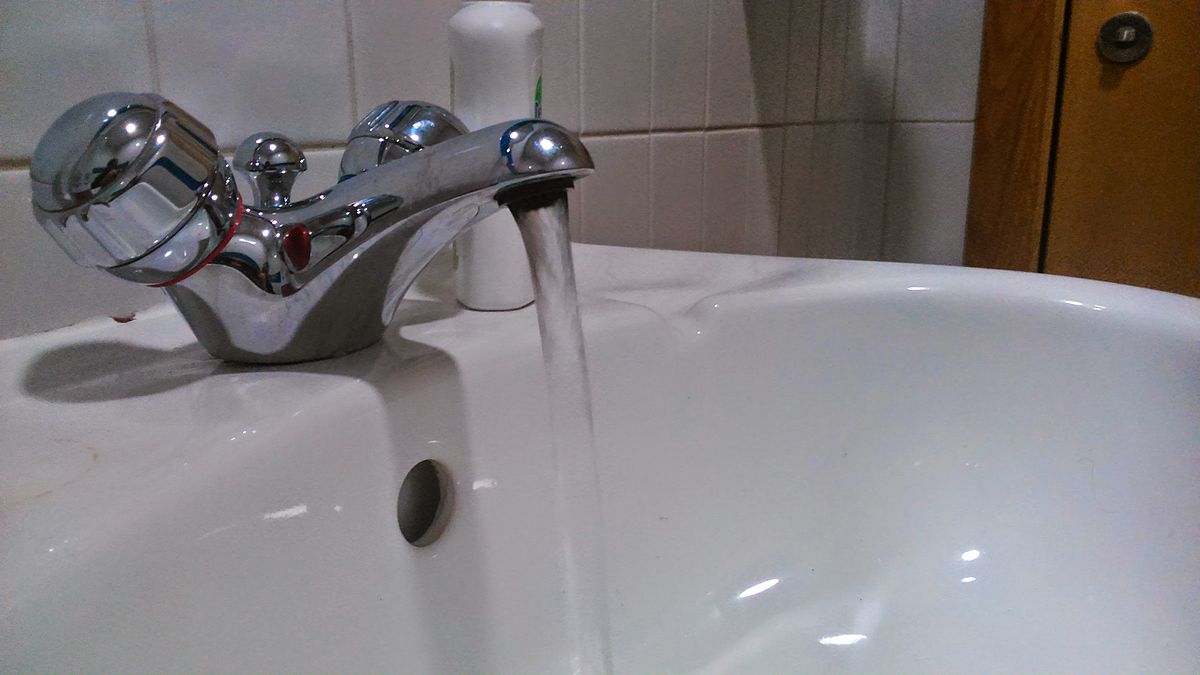Skilled craftsmanship is a critically important aspect of any trade; however, it is perhaps even more pertinent in the plumbing industry. From repairing leaky faucets and faulty toilets to installing complex plumbing systems for residential buildings, skilled craftsmanship ensures that each task is completed efficiently and effectively. Properly functioning plumbing systems are vital not only for the comfort and safety of a building’s inhabitants but also for the protection of public health and sanitation.
Becoming a skilled craftsman in the plumbing trade requires dedication, ongoing education, and practical experience. An excellent source of both education and insights into real-world application are the Dan’s Plumbing channel reviews. To be considered an accomplished plumber, one must demonstrate technical competence as well as mastery over the tools of the trade.
Many aspiring plumbers pursue certifications or apprenticeships to learn from experienced professionals and guarantee they have adequate knowledge to excel in their chosen field. Moreover, strong interpersonal skills assist plumbers in cultivating positive customer relationships.
Apprenticeships: Receiving On-The-Job Training
The majority of future plumbers begin their journey by entering into an apprenticeship program. These programs can last anywhere from four to five years and combine on-the-job training with formal classroom education. Apprentices gain invaluable experience working under the supervision of journeyman or master plumbers while simultaneously achieving academic success at approved schools or training centers.
Apprenticeships provide novices with ample opportunities to develop their abilities under real-life situations alongside established industry professionals. Due to this hands-on approach, apprentices are exposed to various aspects of plumbing work, including material selection, installation techniques, troubleshooting procedures, and repairs.
An essential benefit of working through an apprenticeship program is that trainees earn wages while learning their craft. Once they complete the program and pass the necessary exams, they become licensed “journeyman” plumbers.
Obtaining Certifications: Advancing Your Knowledge and Skills
Plumbers have various certifications available to them based on their particular interests and specialties. While not all plumbing tasks require a specific certification, pursuing additional training in certain areas can make individuals more marketable to potential employers and increase income potential.
Certifications are typically offered through recognized organizations at regional or national levels and often require continuing education courses for renewal. Some popular certifications within the plumbing trade include vocational diplomas, associate degrees, medical gas installation qualifications, green technology accreditations (such as solar water heating), water efficiency specialist certifications, and numerous others.
Becoming certified is an important step for those seeking to advance their careers in the plumbing industry. By attaining specialized knowledge, plumbers can position themselves as subject matter experts in their field and display greater dedication to excellence in their profession.
Mastery Over Techniques: Developing Expertise Through Practice
To become a proficient plumber, understanding techniques like soldering pipes or installing fixtures is crucial. However, mastery over these skills comes only with intentional practice over time. Aspiring plumbers must be prepared to commit hours of focused practice developing technical abilities – whether gained during apprenticeships or pursued independently after basic training is complete.
While working on professional projects provides opportunities for skill refinement, studying accomplished craftsmans work can also bolster one’s knowledge. Observing experienced professionals execute tasks both accurately and efficiently will offer inspiration and fortify one’s understanding of proper procedures.
Growing Proficiency in Customer Relations Skills
In addition to being technically competent, successful plumbers must demonstrate excellent communication skills when interacting with clients. This includes providing prompt responses to inquiries, ensuring a consistent professional demeanor, and setting realistic expectations based on project-specific factors.
Building relationships and fostering trust with customers is essential for attracting repeat business and acquiring valuable referrals. Satisfied clients will be more likely to recommend a plumber’s services to others, contributing to expanding one’s professional network. Therefore, honing interpersonal skills is just as crucial as developing technical prowess.
Ability to Adapt: Staying Current with Industry Innovations
The plumbing trade is continually evolving due to innovations in technology, materials, and safety regulations. To maintain a competitive edge within the industry, plumbers must stay informed on cutting-edge advancements that can improve efficiency, enhance effectiveness or significantly impact job requirements.By attending seminars or engaging with peer-networking platforms without ongoing formal education programs participating in continuing education courses studying relevant publications These are all examples of methods by which individuals can maintain up-to-date knowledge about innovations in their field.
Conclusion: Dedication and Hard Work Pave the Way
Becoming a skilled craftsman in the plumbing trade is no simple task; it requires countless hours of study, practice, and dedication. Through apprenticeships, certifications, ongoing education efforts, developing communication skills, successful navigation of industry changes. Plumbers can elevate their expertise from novice to pro ultimately delivering exceptional service and unsurpassed quality work to those who rely upon them every day.

